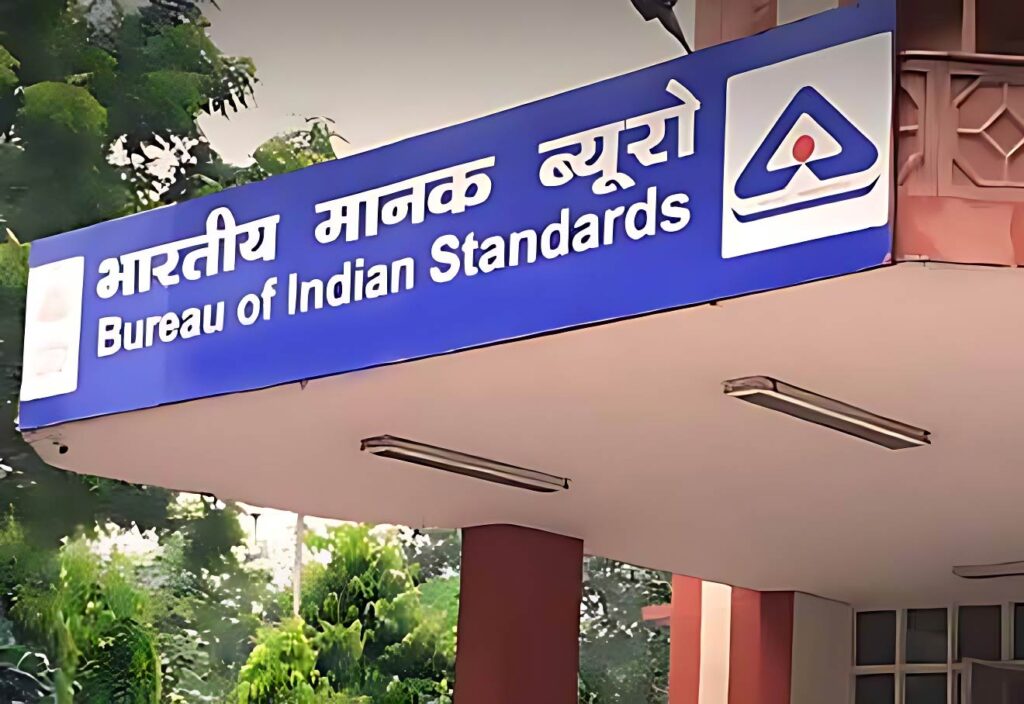NEW DELHI – In a significant move to boost manufacturing competitiveness, the Central Government has withdrawn 14 Bureau of Indian Standards (BIS) Quality Control Orders (QCOs) with immediate effect. The decision provides major regulatory relief to core industries, including chemicals, plastics, and textiles, by simplifying compliance and ensuring smoother access to essential raw materials.
The Ministry of Chemicals and Fertilisers issued the notification, stating the withdrawal is effective from its date of publication in the Official Gazette, with no transition period.
Unlocking the Supply Chain for Key Materials
The scrapped QCOs covered critical polymer and fibre intermediates that form the backbone of numerous downstream industries. The list of exempted materials includes:
- Key Intermediates: Terephthalic Acid (PTA) and Ethylene Glycol (EG).
- Plastics & Polymers: Polypropylene (PP), Polyethylene (PE), Polyvinyl Chloride (PVC), Acrylonitrile Butadiene Styrene (ABS), and Polycarbonate (PC).
- Textile Inputs: Polyester Yarns and Fibres.
These materials are essential for producing everything from textiles and packaging to automotive parts and consumer goods.
Aims: Cost Reduction and Uninterrupted Supply
The government’s decision is strategically aimed at:
- Ensuring uninterrupted raw material availability for manufacturers.
- Easing import constraints that had been hampered by certification delays.
- Reducing input costs for downstream industries, particularly Micro, Small, and Medium Enterprises (MSMEs).
By removing the mandatory BIS certification, the government has eliminated overlapping testing requirements and sped up approval processes, allowing businesses to respond more agilely to market demands.
Industry Hails Move for Boosting Competitiveness
Industry stakeholders have welcomed the withdrawal, anticipating improved operational efficiency and better production planning. The move is expected to enhance the global competitiveness of Indian manufacturers, especially for units that rely on imported feedstock, by providing greater sourcing flexibility without the time and cost burden of domestic certification.
